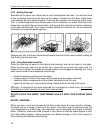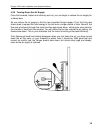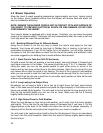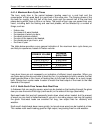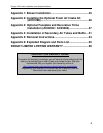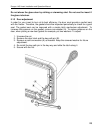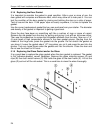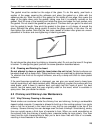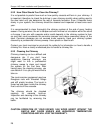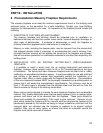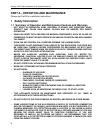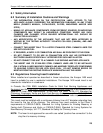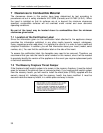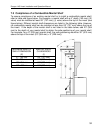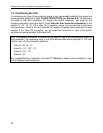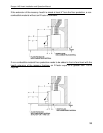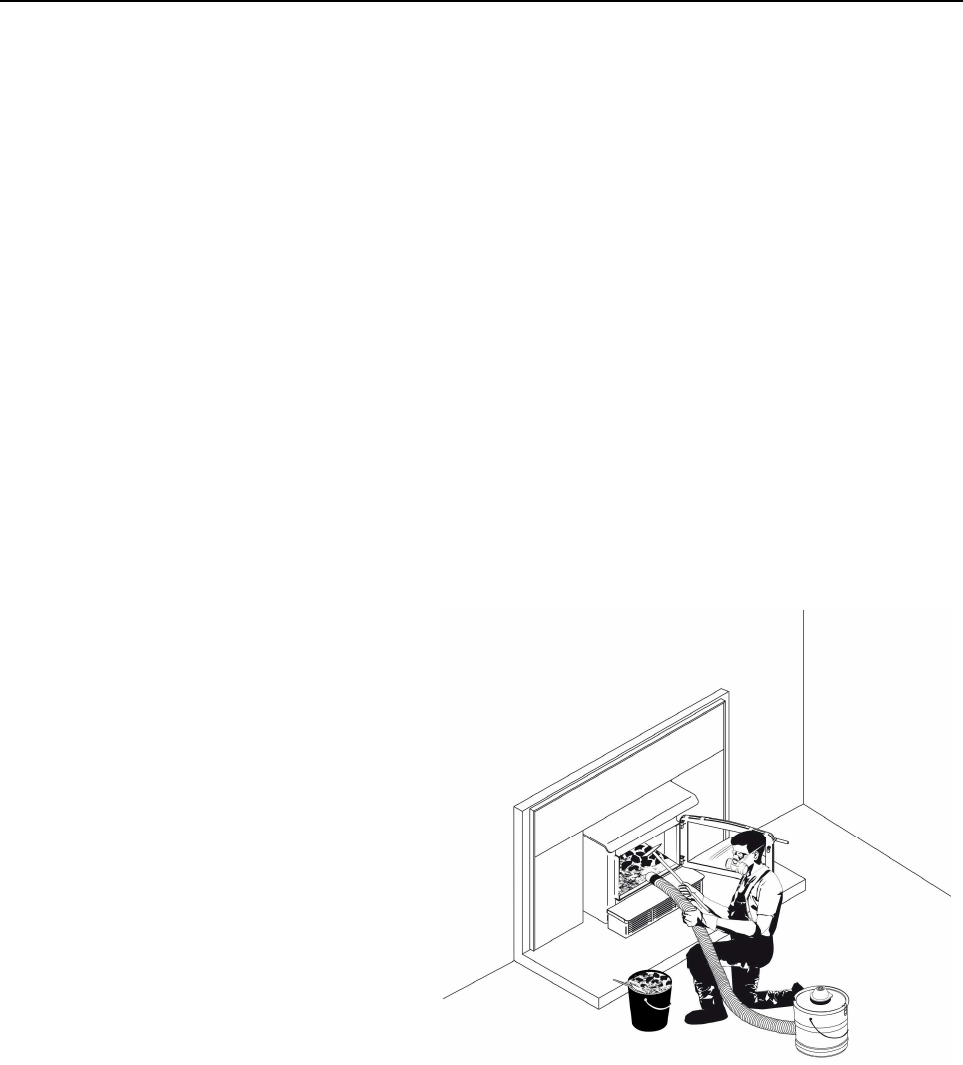
Escape 1400 Insert Installation and Operation Manual
26
5.2.2 How Often Should You Clean the Chimney?
It is not possible to predict how much or how quickly creosote will form in your chimney. It
is important, therefore, to check the build-up in your chimney monthly when getting used to
the new insert until you determine the rate of creosote formation. Even if creosote forms
slowly in your system, the chimney should be cleaned and inspected at least once each
year.
It is recommended to clean thoroughly the chimney system at the end of every heating
season. During summer, the air is damper and with minimal air circulation within the stove
or furnace, it can mix with creosote and/or sooth deposits in the chimney system to form
an acid that could accelerate the corrosion process and induce premature decay of the
steel. Corrosion damages are not covered under warranty. Have your chimney system
cleaned by a professional chimney sweep. Use a plastic or steel brush.
Contact your local municipal or provincial fire authority for information on how to handle a
chimney fire. Have a clearly understood plan to handle a chimney fire.
5.2.3 Cleaning the Chimney
Chimney cleaning can be a difficult and
dangerous job. If you don’t have
experience cleaning chimneys, you
might want to hire a professional
chimney sweep to clean and inspect
the system for the first time. After
having seen the cleaning process, you
can decide if it is a job you would like to
take on.
The most common equipment used are
fibreglass rods with threaded fittings
and stiff plastic brushes. The brush is
forced up and down inside the chimney
flue to scrub off the creosote.
The chimney should be checked
regularly for creosote build-
up.
Inspection and cleaning of the chimney
can be facilitated by removing the
baffle.
CAUTION: OPERATION OF YOUR ESCAPE 1400 WOOD INSERT WITHOUT THE
BAFFLE MAY CAUSE UNSAFE AND HAZARDOUS TEMPERATURE
CONDITIONS AND WILL VOID THE WARRANTY.



